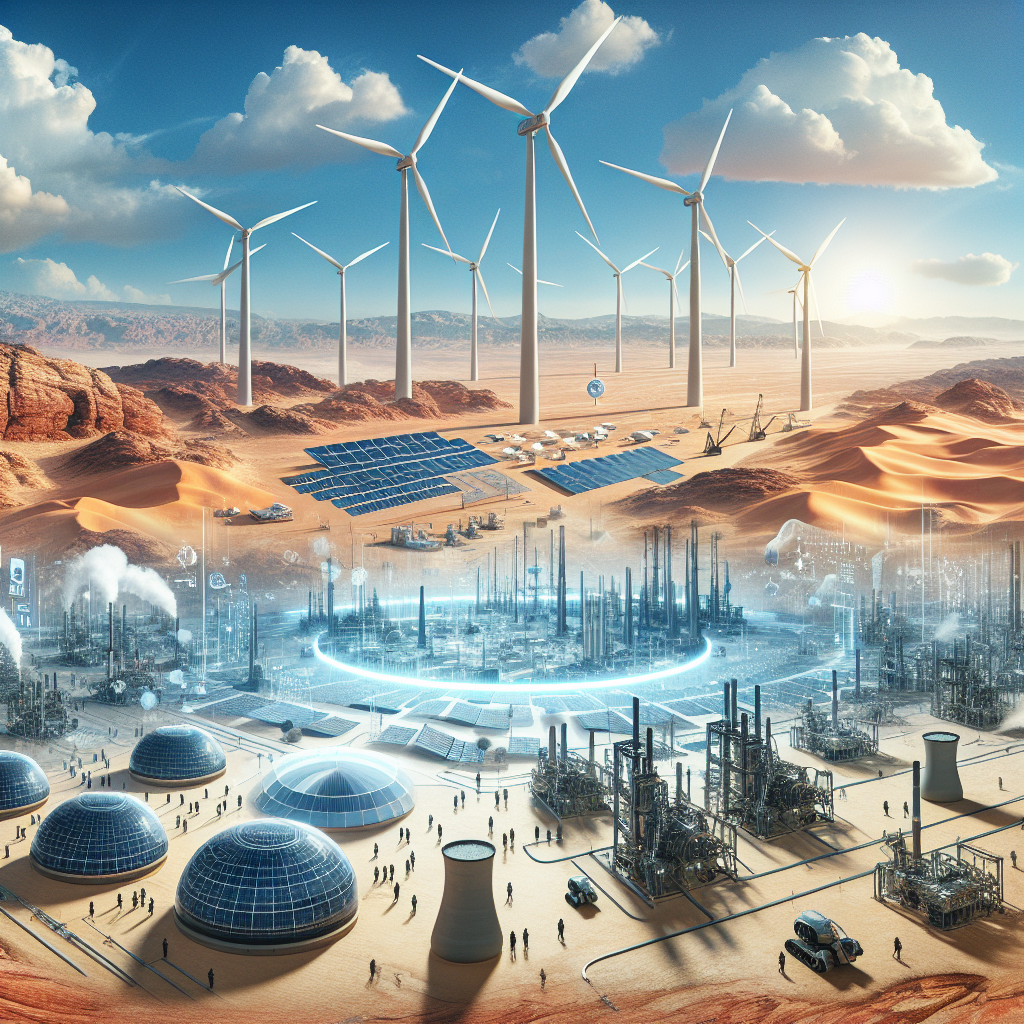.
The Secretary-General of the Ministry of Energy and Mineral Resources, Amani Azzam, announced on Saturday that the government’s national programme is dedicated to providing natural gas to industrial facilities in order to reduce energy costs and promote the use of clean energy. This programme has already made significant progress, with the successful delivery of natural gas to Al Qweira and Al Qastal regions, as well as the inauguration of a reduction and measurement station at the Hashemite Industrial Institutions in Zarqa.
Azzam also revealed plans to expand the gas network to cover all industrial cities in the near future. This will not only reduce energy costs for industries, but also contribute to the country’s commitment to developing sustainable and environmentally friendly energy sources to combat climate change. Currently, green energy makes up 27% of Jordan’s total energy mix, and the country is continuously working towards increasing this percentage.
In addition, Azzam discussed strategies for Jordan’s transition to green energy, including an innovative electricity storage project at the Mujib Dam. This project, with a storage capacity of 450 megawatts and a duration of up to seven hours, will greatly enhance the country’s ability to store and efficiently use renewable energy.
Azzam also highlighted ongoing electrical interconnection projects with Egypt, Palestine, and Iraq, and mentioned that agreements with Saudi Arabia are in the final stages to accommodate renewable energy projects within Jordan. She also emphasized the ministry’s focus on attracting investments in green hydrogen, which is expected to play a crucial role in achieving the country’s long-term sustainable energy goals.
Overall, the government’s efforts to provide natural gas to industrial facilities and promote the use of clean energy are commendable. This will not only benefit industries and reduce energy costs, but also contribute to Jordan’s commitment to combatting climate change and transitioning to a greener economy. The expansion of the gas network and the development of innovative projects such as the electricity storage project at the Mujib Dam are significant steps towards achieving these goals.

